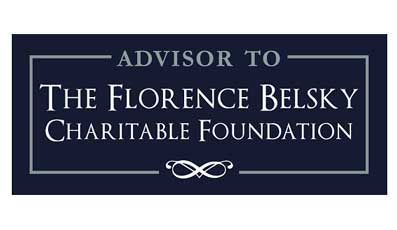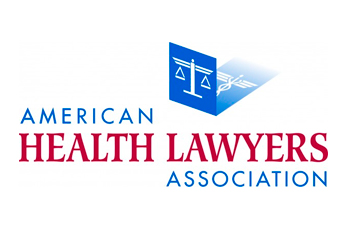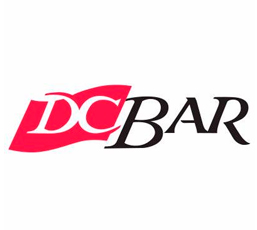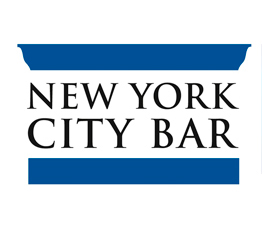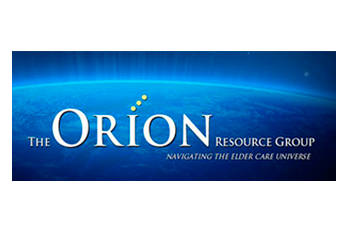Most of us have it. It’s a box, sitting in a corner or stuffed deep in a closet. It’s full of financial documents: old bank statements, tax returns and warranties for electronics from days gone by. We dream of cleaning it out, but where is the time?
For many of us, the time is now. Sheltering in place provides us with the time to open that box and go through it. We can toss the outdated papers and stop carrying them around with us. We can take stock of what is there and take the time to consider what is missing. The optimists among us emphasize how this period is an opportunity for renewal in our lives. One concrete way to do that is to take control of your estate plan.
The first step is taking stock. Pulling together a list of your assets, insurance policies, and legal documents will give you a picture of where you are. So, what is in that box?
Once you have your list, take the next step and figure out which accounts and policies have beneficiary designations. A beneficiary designation tells a financial institution or insurance company who benefits from the account when you pass away. Many types of assets and accounts have these designations: retirement accounts, some bank accounts, and insurance policies are a few. They may also be called transfer on death (TOD) designations. An essential step in the estate planning process is making sure that these designations are updated. For example, I have a term life insurance policy that I acquired in my twenties. I’ve since gotten married and had two children. Having this policy is good but imagine the turmoil if I pass away and those funds go directly to my mother (the policy’s first beneficiary). I need to update my beneficiary designation – urgently! Reach out to your insurance agents and financial advisors. They can help you identify your current beneficiaries and work with your financial team to change them, if necessary.
If you’re like most Americans, crucial estate planning documents fall into the category of things that are missing from your box. Is there a Last Will and Testament? Is there a Durable Power of Attorney? If you do have these documents, how much has your life changed since you signed them? Estate planning involves much more than what happens to your property after you pass away. Putting the proper documents in place can ensure that if something temporarily incapacitates you, like a virus-related hospitalization, the person that you want to manage your finances can manage them. This way, it’s you, rather than a court or the state, can decide who acts for you and how your resources are allocated.
So, put on your face mask and knock the dust off that box. Take stock of where you are now and where you are headed. Talk to the appropriate professionals – estate planning or elder law attorneys, financial advisors, and insurance representatives – about your needs. Understanding and taking control of your estate plan can give you a sense of accomplishment, security and empowerment in uncertain times.

